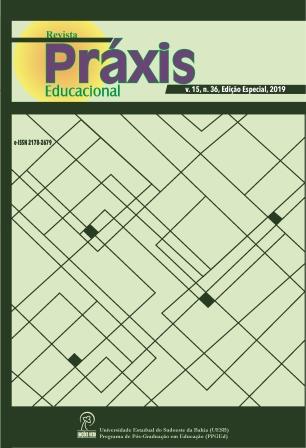TRIANGULATION IN SCIENTIFIC RESEARCH IN EDUCATION
DOI:
https://doi.org/10.22481/praxisedu.v15i36.5941Keywords:
Qualitative approach, Triangulation, Dialectical historical materialismAbstract
This paper discusses the methodology of triangulation in scientific research in education in relation to the qualitative approach and historical-dialectical materialism. At the time of the master's degree, we noticed the fluidity among scholars in the characterization of this methodology and, as a result, on the one hando, we sought to synthesize the most recurrent ideas and, on the other hand, to bring them closer to the qualitative approach and historical-dialectical materialism. In order to understand this question, a bibliographical study was carried out, whose purpose was to understand what triangulation methodology is and, at the same time, to see the possibility of triangulation methodology being understood in relación to qualitative approach with nuances of dialectical-historical materialism. The research allowed us to reach the following findings: by using the triangulation methodology in scientific research in education, we seek to build both a multifaceted approach to the object studied, from various perspectives, as a more objective portrait of the reality researched, in a scenario in which one seeks to reduce contradictions and subjectivism in scientific studies. It is possible, by using the methodology of triangulation to understand the phenomenon analyzed beyond its appearance, it is possible to understand it in the synthesis of the multiple relationships in which it is woven into the socio- historically constructed reality.












